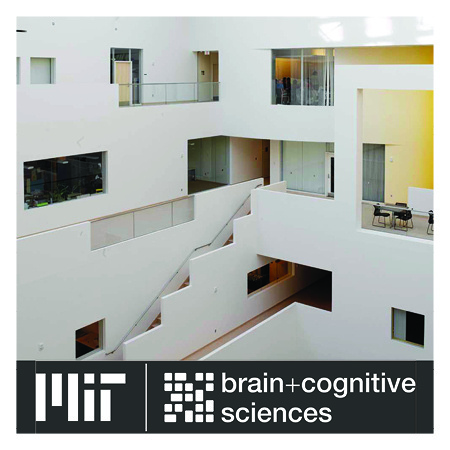
Tobias Kaiser Thesis Defense: Microglia and Myelin: Improved Tools and Molecular Interactions
Description
Zoom Link: https://mit.zoom.us/j/99379257055?pwd=QW40ajU5V0NFL1gxUkI4OFhlSzJzUT09
Password: microglia
Abstract: Myelination of axons evolved in vertebrates to promote signal transduction and the development of a compact and energy-efficient nervous system. Myelin development and homeostasis are critical for normal function and impairment of myelin is associated with sensory, motor, and cognitive dysfunction. While it has long been understood that oligodendrocytes produce myelin in the CNS, more recent studies also implicate additional cell types including microglia as providers of important molecular cues in myelination. However, the function of many molecular mediators remains incompletely defined, at least in part due to the scarcity of suitable tools. In this thesis, we develop and provide the research community with much needed new tools to study microglia and myelin and dissect the contribution of IgG to myelin development. In Chapter 1, we report the generation and characterization of now widely adopted EGFP and CreERT2 transgenic mouse lines for the labeling and the inducible genetic manipulation of microglia. Extending this work, in Chapter 2, we present evidence for the engineering of a highly efficient and specific constitutively active Cre line leveraging the Fcrls locus. In Chapter 3, we report the development of MyelTracer, an easy-to-install software suite made available to the research community for the quantification of myelin g-ratio, a key metric in studies of myelin morphology. Finally, in Chapter 4, we present evidence for the occurrence of maternally derived IgG on microglia in the postnatal brain and show that brains of mice lacking IgG postnatally display oligodendroglial and axonal abnormalities. Further, we show that this effect of IgG is not mediated through the canonical IgG-Fc receptor pathway. Independent of Fc receptors, IgG appears to be required for the function of a subset of microglia that occurs in white-matter tracts postnatally and is required for normal white-matter development. Overall, the work presented in this thesis resulted in the generation of several much-needed tools for the research community, and it reveals molecular insights into the role of IgG in the developing brain.

